Establishing a Pro-Innovation Regulatory Framework for Quantum with Quantinuum
At Quantum World Congress 2025, the focus turned to a pivotal question: how to regulate quantum technologies without strangling innovation. The session, “Establishing a Pro-Innovation Regulatory Framework,” featured Kaniah Konkoly-Thege, Chief Legal Officer & SVP of Government Relations at Quantinuum, and Ryan McKenney, Director of Government Relations and in-house counsel at Quantinuum.
Konkoly-Thege, in quantum for eight years (including Honeywell Quantum Solutions), described the early gap between scientists and policymakers—and how persistent engagement has begun to close it. McKenney called quantum an “unbelievably bipartisan” issue and stressed the need to reauthorize the National Quantum Initiative Act (NQIA) to drive commercialization, workforce growth, and supply-chain resilience.
Key flashpoints:
NQIA reauthorization: a current draft at $2.7B, broadening roles for DOE, NIST, NASA, SBA to accelerate market deployment.
Supply chain fragility: single points of failure in cryogenics, photonics/optics; need to onshore/friend-shore.
Export controls: the U.S. interim final rule avoided deemed export restrictions, preserving access to foreign talent and cross-border collaboration.
Cybersecurity: acknowledge quantum’s threat to current encryption; accelerate PQC migration (via NIST standards) and consider QRNG/QKD as part of defense-in-depth.
Konkoly-Thege warned that AI often “sucks the air out of the room,” urging a narrative that positions AI + quantum + HPC as complementary—especially as government weighs major infrastructure investments. The through-line: a balanced, pro-innovation framework is essential if the U.S. hopes to maintain leadership in a rapidly globalizing field.


